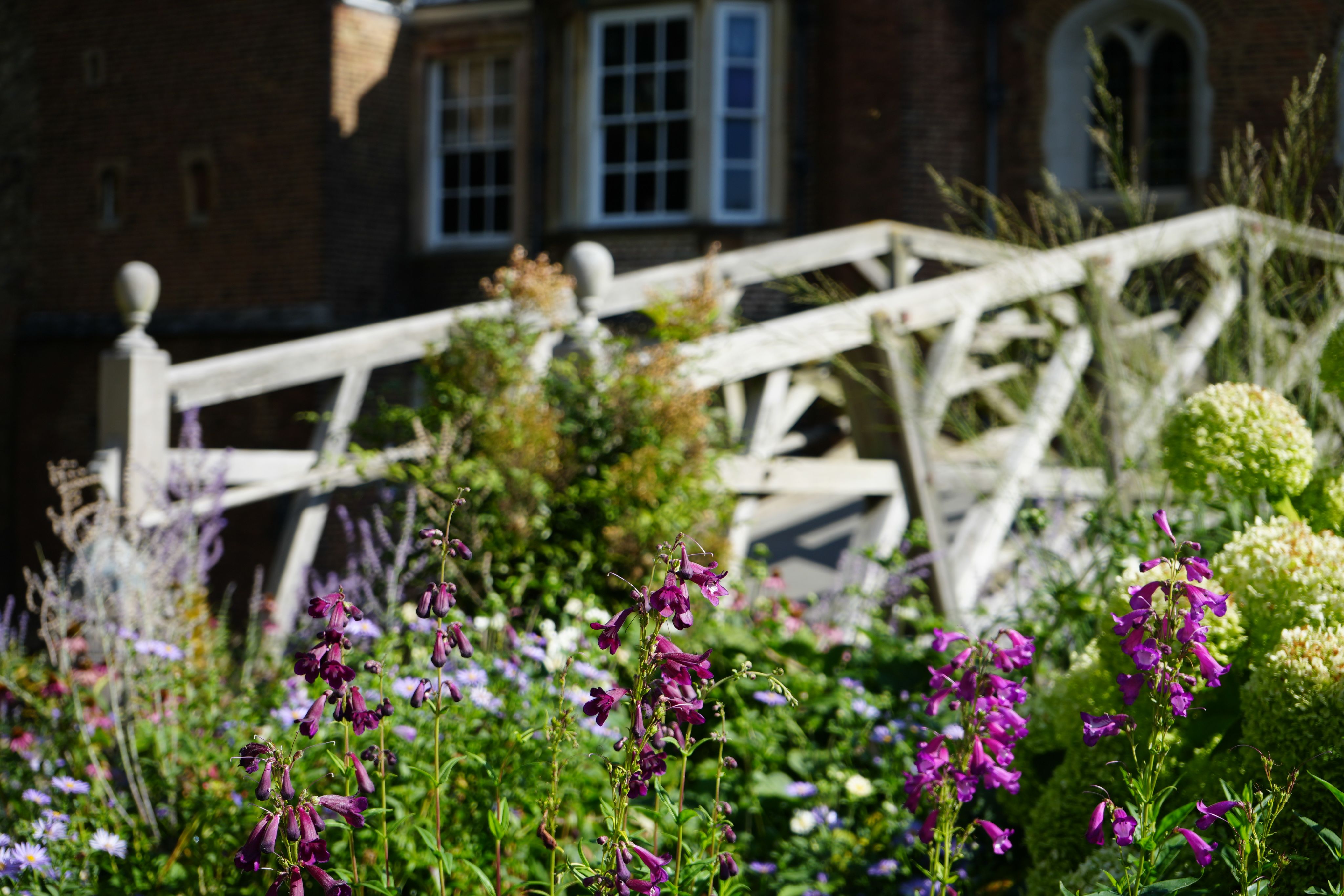The Dushkin Prize in Music

Thanks to the generosity of Mr Peter Dushkin (2002), who read for an MPhil in Computer Science at Queens', the College has established The Dushkin Prize in Music to celebrate and reward academic excellence in the subject at the undergraduate level.
The prize is named for Peter's grandparents, Dorothy and David Dushkin, who were music education pioneers in Illinois and Vermont, USA. Queens' is honoured to remember Dorothy and David through the creation of this endowed subject prize.
Dorothy and David. Photo from the Dushkin Family Archives.
Dorothy and David. Photo from the Dushkin Family Archives.
Dorothy and David with their children. Photo from the Dushkin Family Archives.
Dorothy and David with their children. Photo from the Dushkin Family Archives.
Dorothy and David Dushkin and their contribution to music education, as kindly provided by Mr Peter Dushkin (2002):
My grandparents, David Dushkin and Dorothy Smith, met in 1927 in Paris, where they were both studying with the renowned composition teacher Nadia Boulanger. They married in 1930 and settled in Winnetka, IL, where they founded The School of Musical Arts and Crafts with the intention of expanding on Boulanger’s teaching methods. From the start, my grandparents prioritized inspiring creativity and joy in students through full immersion into the music-making process. They aimed to reach every student by integrating daily studies and performance with other arts and crafts to inspire a genuine love of music. Today, this school is known as the Music Institute of Chicago, a nationally recognized institution serving more than two thousand students across six campuses.
By 1952, my grandparents had moved full-time to Weston, Vermont, where they transformed their summer home into a new school for gifted high-school musicians called Kinhaven. Kinhaven quickly gained a reputation for the high-quality pedagogical framework designed by my grandparents. And, like the School of Musical Arts and Crafts before it, Kinhaven blended music studies and performance with other forms of creative expression. The school continues to thrive today. It offers summer programs and workshops that attract talented young musicians nationally and globally.
For my grandparents, music and life were cut from the same cloth. They were profoundly devoted to music and it was an ever-present part of family life. One of their favorite preoccupations was to practice a piece of music with their four children at home. And, they dedicated themselves to making it an integral part of everyday life for as many of their students as they could reach.
My grandfather was a strong advocate for instrument making. He could often be found in his woodworking shop and was one of the first recorder makers to operate in the USA. He believed that building instruments enhanced music education by helping students understand pitch and tone while fostering a deep appreciation for the instrument itself. My grandparents were dedicated not to producing professional musicians (though many students did pursue professional careers) but to cultivating musical talent and a lifelong love of music among amateurs. The ethos by which my grandparents lived their lives can be summarized in the words of my grandfather (fondly known as Mr. D): “Music is not a calling to be pursued in solitude by the talented. It is basic to life, like bread and fresh air.”
It is my deep honor to support a music prize at Queens’ in memory of my grandparents' extraordinary life’s work. The Dushkin Prize in Music intends to celebrate a special student annually who embodies the spirit of the award as both a promising young artist and a role model for Queens’. The prize draws a connection to the Dushkin Award, presented annually by the Music Institute of Chicago. While the Dushkin Award has recognized global icons such as Isaac Stern, Renée Fleming, Yo-Yo Ma, Stephen Sondheim, Joshua Bell, Wynton Marsalis, and Hilary Hahn for their unparalleled contributions to the world of music, the Dushkin Prize at Queens’ celebrates the promise and potential of its recipients.


